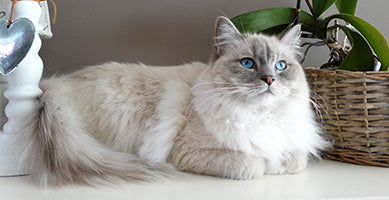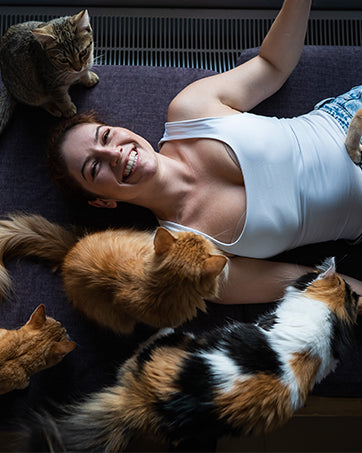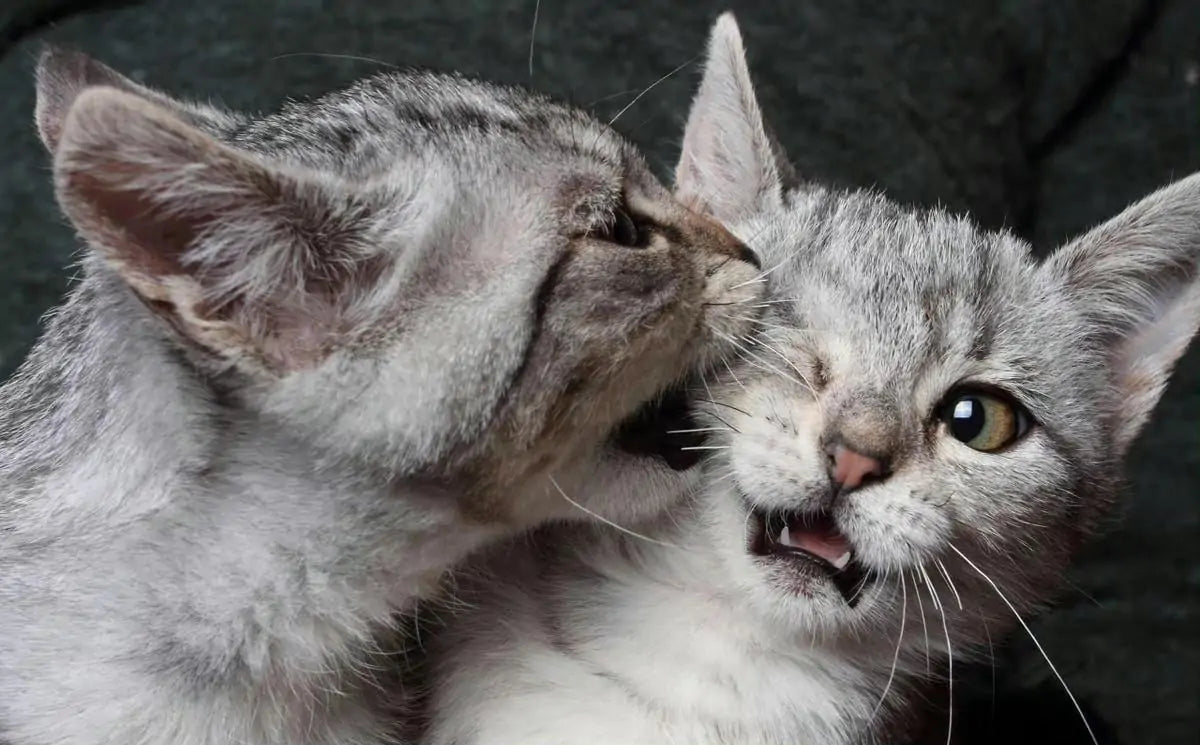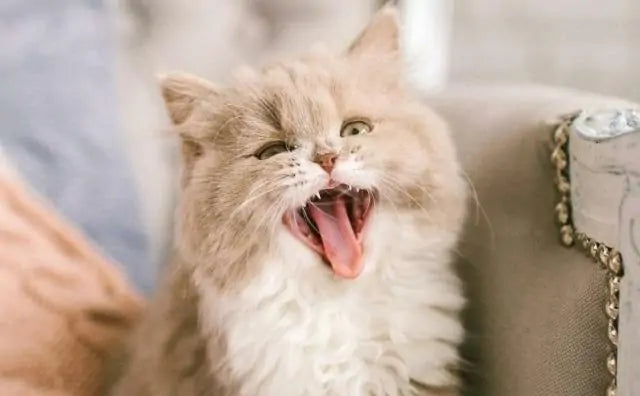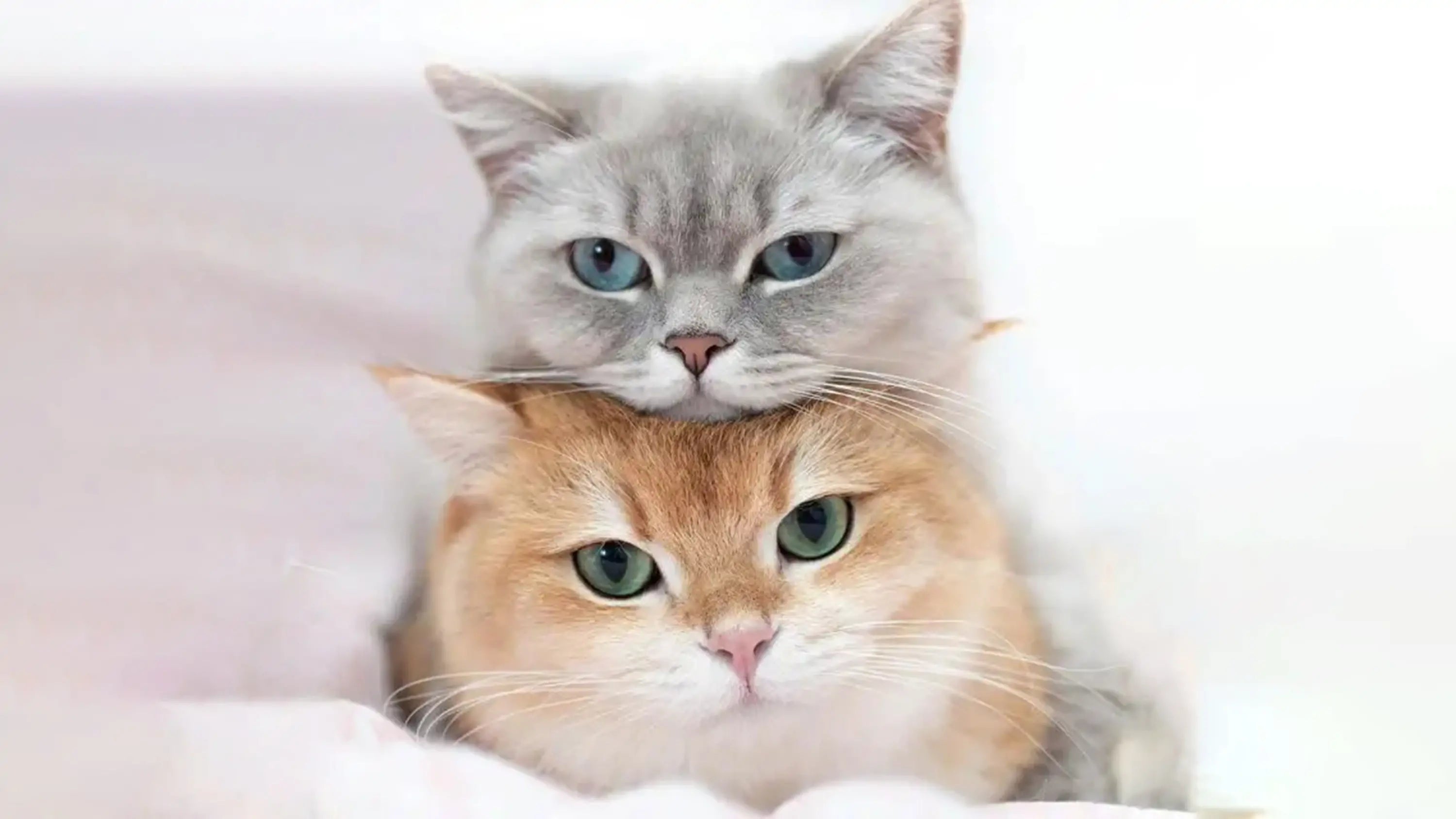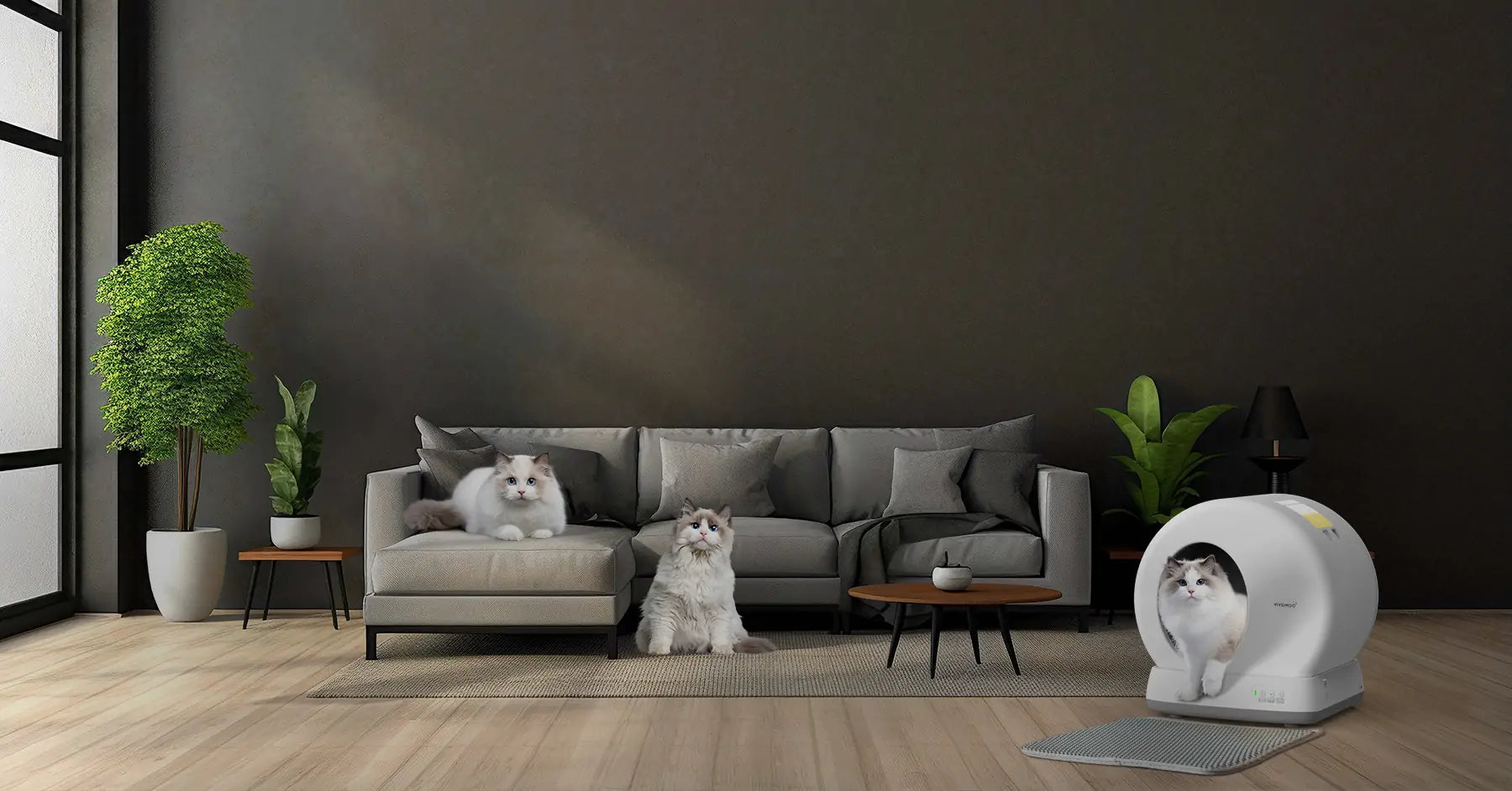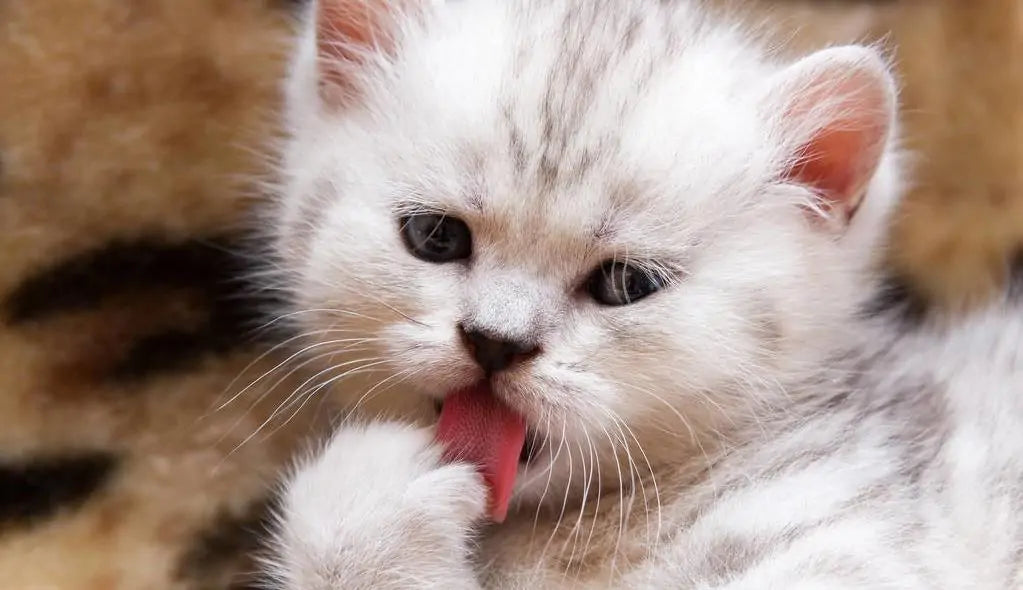
Jessica W. Kelvin
Mar. 15, 2024
VIVIDMOO self-cleaning cat litter box
How Long Can a Cat Go Without Pooping?
Introduction
Cats, with their mysterious aura and independent nature, often leave their owners puzzled over their health and habits, especially when it comes to something as private as using the litter box. A question frequently asked by concerned cat parents is, "How long can a cat go without pooping?" This question isn't just about curiosity; it's a crucial aspect of understanding your furry friend's health. In this blog, we'll delve into the bowels of this topic (pun intended), shedding light on what's normal, what's not, and when to worry. Along the way, we'll introduce an innovative solution for modern pet parents—vividmoo's intelligent automatic cleaning cat litter box. This cutting-edge tool not only keeps your cat's bathroom spotless but also helps you monitor their health more closely. Join us as we explore the ins and outs of feline bowel movements and how technology can make pet care easier.
Understanding Normal Cat Bowel Movements
Biological Reasons
Cats are creatures of habit, and this extends to their toilet routines. A healthy cat typically poops once to twice a day, but like humans, each cat is unique. Factors influencing their bowel movements include diet, hydration, exercise, and age. A cat's poop is a telling indicator of their overall health. Healthy cat feces should be deep brown, formed, and maintain moisture without being too hard or too soft. Variations in frequency, consistency, or color can signal health issues that may need attention.
Understanding what's normal for your cat is essential. A sudden change, such as pooping more or less frequently than usual, merits closer observation. Diet plays a pivotal role; for instance, a diet high in fiber can promote regular bowel movements, whereas a diet lacking in sufficient nutrients or water can lead to constipation.
Recognizing the signs of healthy vs. unhealthy poop is crucial for early detection of potential health problems. Unhealthy signs include excessively hard, dry stools, or overly soft, runny waste. These could indicate dehydration, dietary issues, or more severe health concerns. Observing and understanding these signs can help ensure your cat remains healthy and happy.
How Long Can a Cat Go Without Pooping?
Under normal circumstances, cats should not go more than 24-48 hours without pooping. If your cat is consistently missing this biological mark, it's time to pay attention. However, the exact time can vary based on individual health, diet, and activity level. It's important to understand your cat's regular patterns to identify any deviations early.
When a cat goes beyond 48 hours without a bowel movement, this may be a sign of constipation or, in more severe cases, an obstruction. Constipation can occur for several reasons, including dehydration, insufficient fiber in the diet, or underlying health issues. An obstruction, on the other hand, is more serious and can be caused by ingesting something indigestible, tumors, or strictures.
Regular monitoring is key to ensuring your cat's health. A sudden change in bowel movement frequency, especially when accompanied by other symptoms like vomiting, lethargy, or a noticeable decrease in appetite, warrants immediate veterinary attention. These signs could indicate a significant health issue that requires prompt treatment.
Potential Health Issues from Irregular Bowel Movements
Irregular bowel movements in cats, such as constipation or obstructed bowel movements, can lead to a range of health issues if not addressed. Constipation, while common, can be uncomfortable and harmful over time, leading to symptoms like difficulty defecating, straining, and even pain. If left untreated, constipation can result in more severe conditions such as megacolon, where the colon becomes enlarged and loses its ability to move fecal matter efficiently.
Obstructions are a more acute concern and can quickly become life-threatening. These blockages prevent not only the passage of feces but also gas and fluids, causing significant discomfort, bloating, and potentially severe health complications. Causes of obstructions can include ingested foreign objects (like string or toys), hairballs, or diseases causing inflammation or narrowing of the intestinal passage.
Prompt identification and treatment of these conditions are crucial. Signs that your cat may be experiencing a health issue related to bowel movements include:
Extended periods without defecation
Visible struggle or discomfort while trying to defecate
Changes in feces appearance (e.g., dry, hard stools or very thin feces)
Decreased appetite or weight loss
Lethargy or decreased activity levels
How Long Can a Cat Go Without Pooping?
Under normal conditions, a healthy cat should not go more than 24-48 hours without a bowel movement. If your cat is consistently using the litter box less frequently than this, it might be a sign of constipation or a more serious health issue that warrants a visit to the vet. Constipation in cats can be caused by various factors, including dehydration, a low-fiber diet, hairballs, or more severe conditions like intestinal blockages or neurological problems.
It's important to monitor your cat's litter box habits closely, especially if you notice changes in frequency, consistency, or effort. A cat straining to poop but producing nothing, or only small, hard pellets, is a clear sign of constipation. While occasional constipation can happen in healthy cats, recurring issues or a cat that hasn't pooped in more than two days requires veterinary attention. Early intervention can prevent more severe complications, such as megacolon, where the colon becomes enlarged and cannot effectively expel waste.
Potential Health Issues from Irregular Bowel Movements
Irregular bowel movements in cats, especially constipation, can lead to various health problems if not addressed promptly. Chronic constipation can cause discomfort, reduced appetite, and even lead to more serious conditions like megacolon, as mentioned. Additionally, an inability to eliminate waste properly can result in toxins building up in the body, affecting overall health and potentially leading to lethargy, weight loss, and vomiting.
Another concern is the risk of intestinal blockages, which can occur from ingested hair, bones, or other indigestible materials. These blockages can be life-threatening and often require surgical intervention. Neurological issues affecting the colon's ability to move stool can also cause constipation, as can kidney problems that lead to dehydration and reduced stool volume.
Monitoring your cat’s bowel movements is vital for early detection of these issues. A significant advantage of using an intelligent automatic cleaning cat litter box, like vividmoo’s, is its ability to alert owners to changes in a cat's bathroom habits, potentially signaling health problems. This technology represents a proactive approach to pet health care, allowing for quicker responses to potential issues.
Role of a High-Quality Litter Box in Monitoring Cat Health
In the era of smart homes and technological advancements, pet care has also seen innovative developments, one of which is the intelligent automatic cleaning cat litter box by vividmoo. This isn't just a convenience tool; it's a health monitoring system for your feline friend. The vividmoo litter box automatically cleans after each use, reducing the risk of bacteria and odor in your home. More importantly, it can track the frequency and type of waste, offering insights into your cat's health that might otherwise go unnoticed.
The significance of such a device lies in its ability to detect early signs of health issues. For instance, a decrease in the number of times a cat uses the litter box could indicate constipation or a urinary tract infection, while an increase might signal a digestive issue or diabetes. By alerting owners to these changes, the vividmoo litter box enables prompt veterinary consultation, ensuring that minor issues can be addressed before developing into more severe problems.
Furthermore, the convenience and hygiene offered by an automatic cleaning system encourage cats to use their litter box regularly, promoting good bathroom habits and contributing to overall health. This advanced litter box is an invaluable tool for any pet owner who prioritizes their cat's health and well-being.
Preventive Measures and Solutions
To prevent constipation and ensure regular bowel movements in cats, consider the following tips:
Hydration: Ensure your cat has constant access to fresh water. Consider a cat water fountain to encourage drinking.
Diet: Feed high-quality, fiber-rich cat food. Wet food can also increase water intake.
Exercise: Regular playtime encourages movement and digestion.
Grooming: Brush your cat regularly to reduce hairball formation, which can cause constipation.
Veterinary Check-ups: Regular visits to the vet can help catch and address potential health issues early.
Incorporating these practices, along with the use of a high-quality litter box like vividmoo's, can significantly contribute to your cat's digestive health and overall well-being.
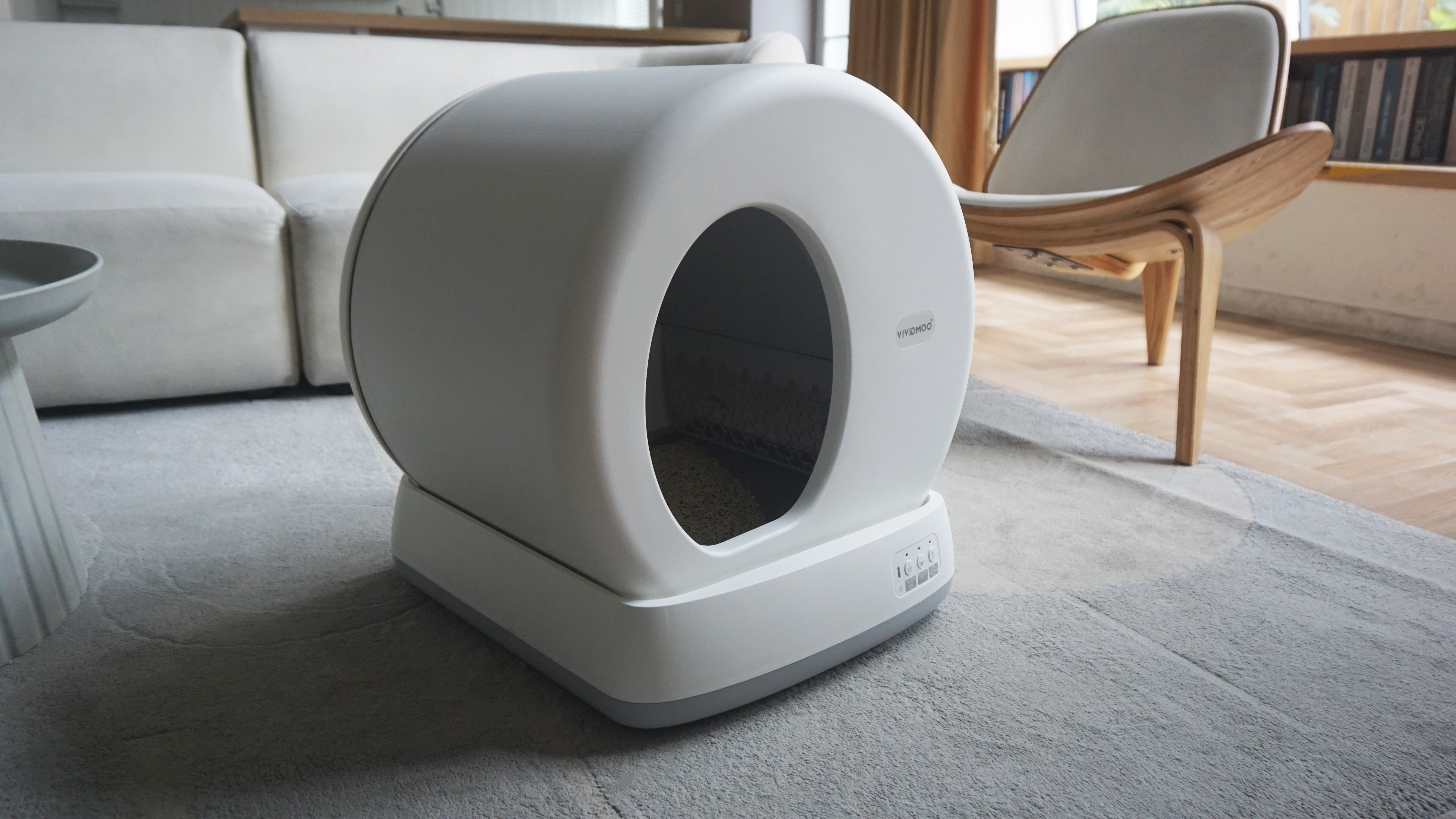
Conclusion
Monitoring your cat's bowel movements is crucial for their health. Understanding what's normal and recognizing signs of trouble are essential. With the help of technology like vividmoo's intelligent automatic cleaning cat litter box, caring for your cat becomes easier, allowing you to keep them healthy and happy for years to come.
When Love Bites: The Mixed Signals of Cat Licking
Overstimulation
Cats can sometimes go from licking to biting during a petting session, a behavior known as pet-induced aggression. This can happen if the cat becomes overstimulated or uncomfortable with the intensity or duration of the interaction.
Predatory Instincts
Occasionally, licking and gentle biting can also be linked to a cat's predatory instincts. These actions can be playful attempts at hunting practice, demonstrating trust and comfort in your presence.
Health Implications of Excessive Licking
Stress and Anxiety
Excessive licking, either of themselves or their human companions, can indicate stress or anxiety. It's essential to observe your cat's overall behavior and environment to identify and alleviate any potential stressors.
Underlying Health Issues
Persistent licking behavior can also signal underlying health issues. If your cat's licking seems obsessive or is accompanied by other symptoms, consulting a veterinarian is crucial to rule out any medical concerns.
Responding to Your Cat’s Licks
Positive Reinforcement
Encouraging your cat when it licks you in a gentle, affectionate manner can strengthen your bond. However, it's important to avoid reinforcing unwanted behavior, such as biting or excessive licking.
Setting Boundaries
If your cat's licking becomes too intense or uncomfortable, gently redirecting their attention to a toy or offering a different form of interaction can help set healthy boundaries.
Why Does My Cat Lick Me?
Navigating the complexities of feline affection through licking reveals a depth of emotional intelligence and social behavior in our feline friends. Understanding these gestures of love enhances the bond between cats and their human companions, fostering a shared language of affection and care.
Expert Insights on Feline Licking
Managing and Modifying Licking Behavior
Behavioral Training
Introducing behavioral training and environmental enrichment can significantly impact managing and modifying your cat's licking behavior. These strategies not only address the behavior but also enhance your cat's overall quality of life.
Environmental Enrichment
Providing your cat with a stimulating environment, including toys, scratching posts, and interactive play, can redirect excessive licking behavior into more appropriate outlets.
The Sweetness of Cat Licks
Understanding the nuances behind why your cat licks you opens a window into the complex world of feline affection and communication. Whether it's a sign of love, a call for attention, or a comforting habit, these licks are a unique aspect of the profound bond shared between cats and their human companions. By embracing and appropriately responding to your cat's licking behavior, you foster a deeper , more understanding relationship with your furry friend.



